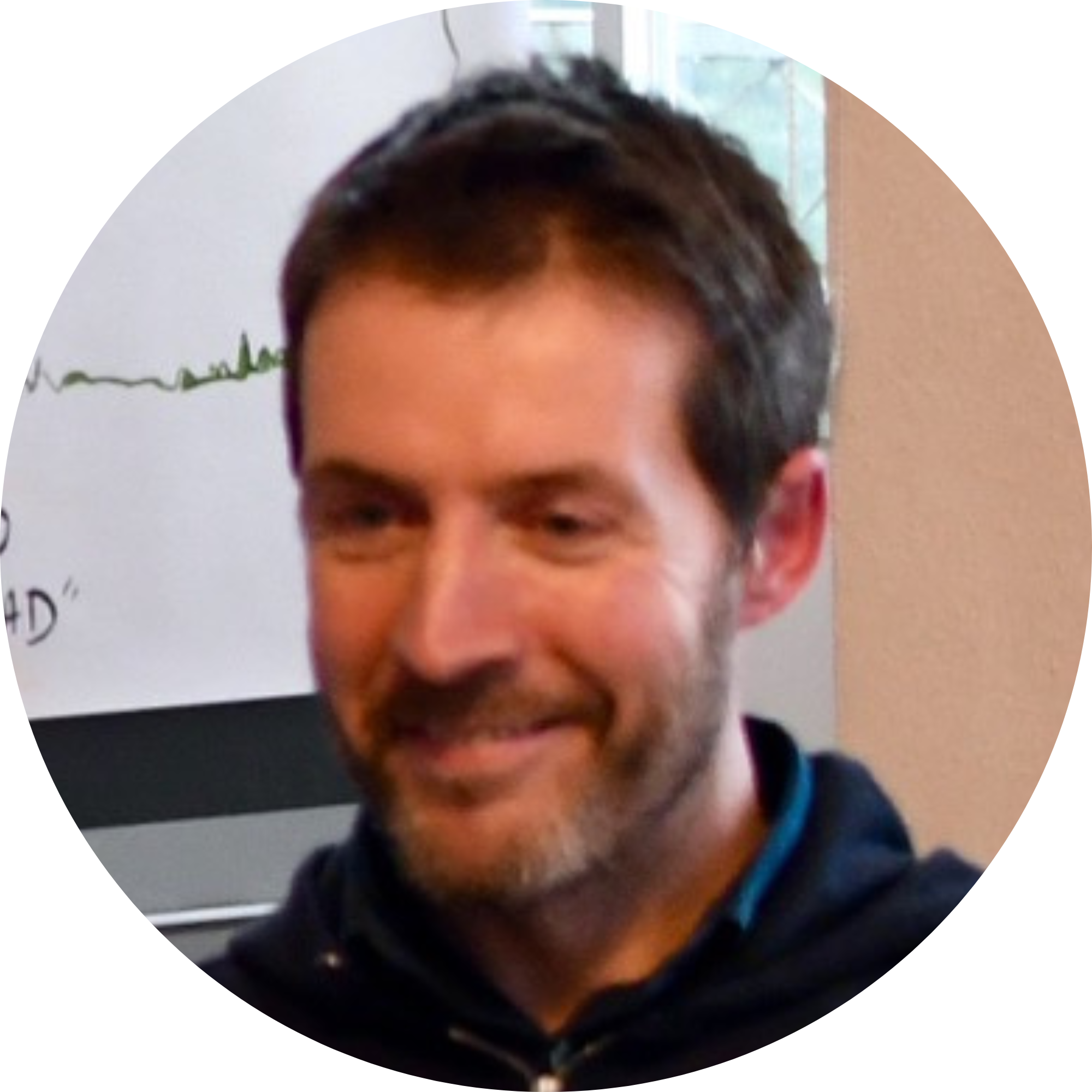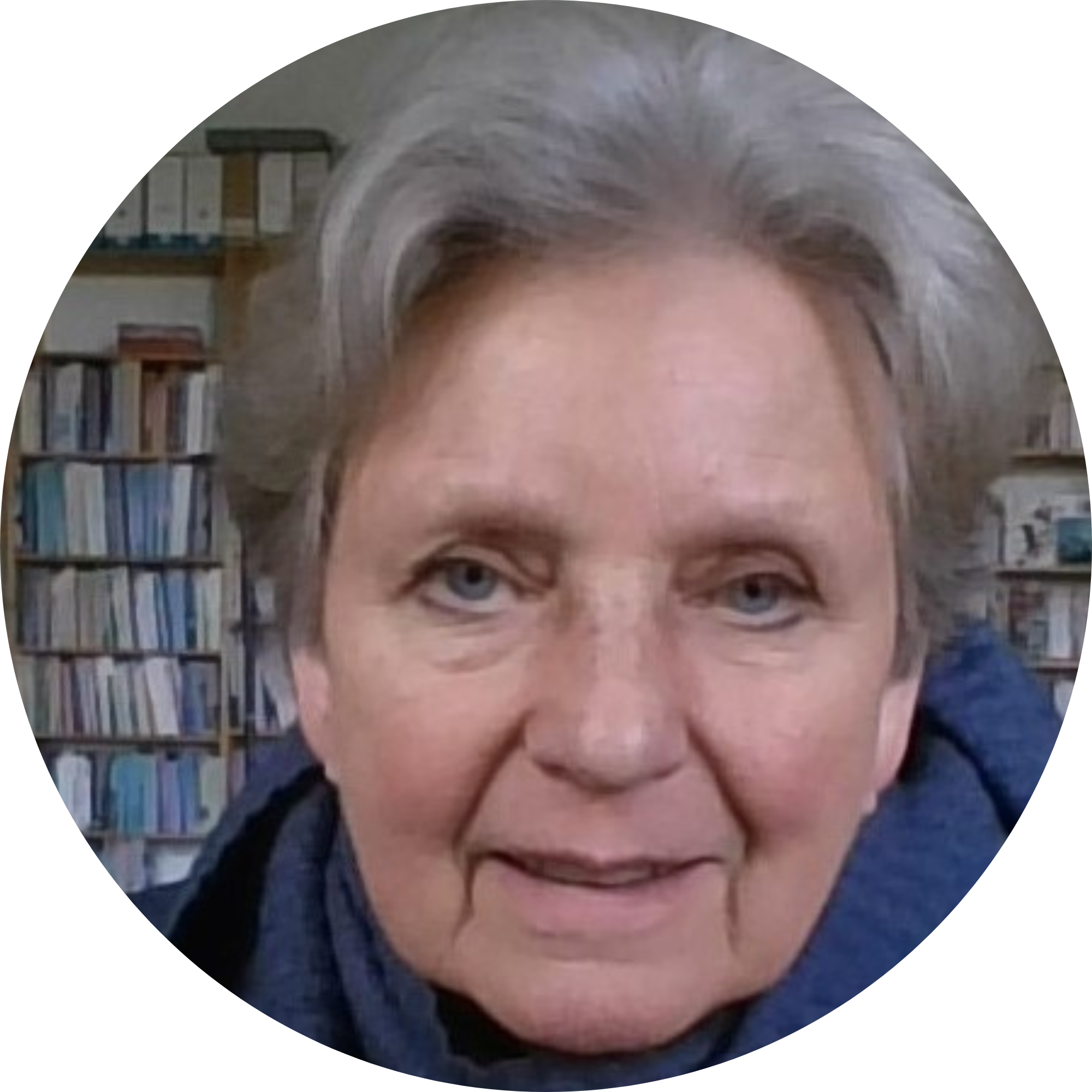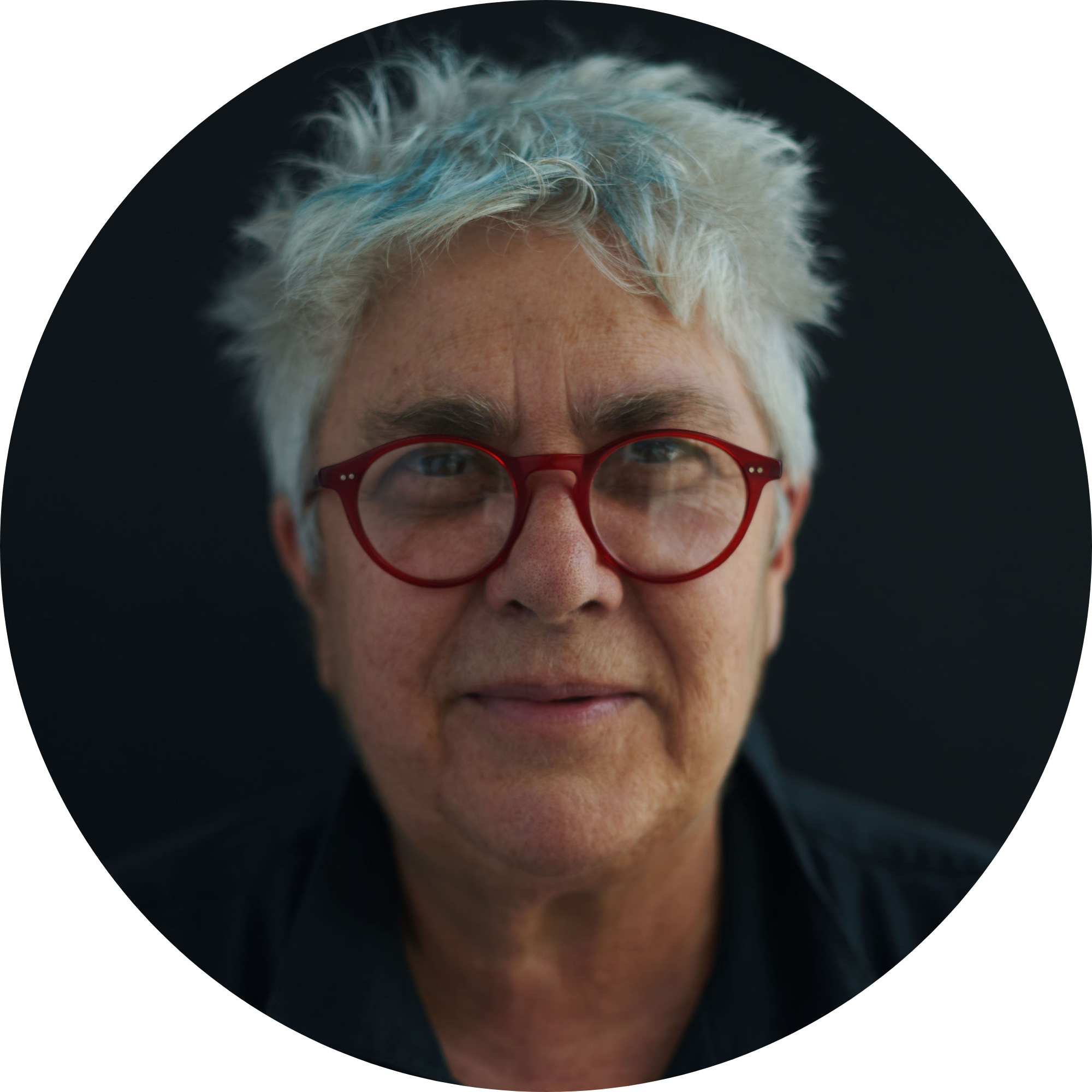Advisory board
External experts participate in the ACCTING project as members of our dedicated Advisory Board. Their role is to provide knowledgeable inputs and insights to research ethics, the conceptual and methodological developments and impacts, and challenge conventional thinking on crucial aspects of the project.

Eamon O’Hara, Development Advisor at ECOLISE
Eamon O’Hara, is the initiator and co-founder of ECOLISE, the European network for community-led initiatives on climate change and sustainability, of which he was Executive Director from 2015 to 2021. He has been managing EU projects and initiatives on local development and the environment since 1994, both in Ireland and in Belgium, where he worked with AEIDL and the European LEADER Observatory. In 2007 he leads the external communications team for the EU LIFE programme, with responsibility for coordinating the activities of 15 experts in communications and the environment. He holds a BSc in environmental sciences, a MSc in climate change and sustainable development and post-graduate qualifications in business administration, project management and rural development.

Maritta Koch-Weser, President of Earth3000
Maritta Koch-Weser is the founder and president of Earth3000 that supports strategic innovations in governance for environment and development (www.earth3000.org). She shares responsibilities in a number of Supervisory and Advisory Boards of NGOs, Companies, and Academia, and she is Co-founder and President of World Heritage Watch, an international network for the preservation of UNESCO World Heritage, launched in 2015. She is a member of the Amazonia 4.0 program team at USP, focused on bioeconomy-based development in Amazonia. She has a distinguished career spanning four decades in international development, as anthropologist, environmentalist, and social entrepreneur; with field experience in Latin America, South & East Asia, and in parts of Sub-Saharan Africa, the Middle East, and Eastern Europe. She has led major environmental & social assessment tasks, and investment programs in the environment, agriculture, forestry, mining, renewable energy, and urban-industrial sectors. In her earlier career, she worked as social scientist and in managerial positions for some 20 years at the World Bank, in Washington DC, as Director for Environmentally and Socially Sustainable Development for the Latin America and Caribbean Region, as head of Asia Environment Programs, as head of the World Bank’s central Environmental Assessments and Programs Division. She also served as Director General of IUCN -The World Conservation Union, the foremost global environmental umbrella organisation. She holds a PhD from the Universities of Bonn and Cologne, Germany, and received an Honorary Doctorate from Oxford Brookes University, UK.

Joni Seager, Distinguished Professor of Arts & Sciences, Bentley University USA and Senior Gender Advisor, Global Wildlife Program, World Bank
Joni Seager is a feminist geographer and environmentalist. She has worked in environment and development fields for many years to bring gender perspectives into global environmental policy and assessment. She has provided leadership for governments and multilateral agencies across a wide range of projects on development, climate change, and gender and environment. She has worked with many UN agencies to bring gender analysis into their environmental policies and programs. Among her recent work she served as the Lead Author for the UN Environment Programme’s project to produce the first gender-based ‘state of the global environment’ synthesis (Global Gender Environmental Outlook). In 2018-19, she was senior methodologist and field director for a multinational gender and waste project in Mongolia, Bhutan and Nepal. In 2020, she undertook a World Wildlife Foundation project on gender, conservation, and community wildlife management in Namibia and Madagascar. She is also well known for her work on developing feminist data visualization to illuminate the international status of women. Her atlas on the global status of women, The Women’s Atlas, provides comprehensive and accessible analysis of up-to-the-minute global data on the key issues facing women today. Former Dean of the Faculty of Environmental Studies at York University in Toronto, Canada, she is now the Goldman Distinguished Professor of Arts & Sciences at Bentley University in Boston, USA. She also serves as Senior Gender Advisor for the Global Wildlife Program of the World Bank. She is a “Champion” with the Fossil Fuel NonProliferation Treaty. She holds a PhD in Geography from Clark University.
Esteban Pelayo
Esteban Pelayo is an innovation manager with extensive experience on EU programme. Manager of the Science Park of Alicante, he is dynamising an ecosystem of more than 30 high-tech companies that are linked to the University of Alicante. From 2015 to 2022, he was Director of EURADA, the European Association of Development Agencies. He started his professional career in the Innovation Relay Center Network helping companies to establish transnational technology transfer agreements (IPR licensing) in the University of Alicante (1996-2000) and in the Regional Development Agency of Murcia (2000-2004). He coordinated the network of technology centres of the Regional Development Agency (2004-2011), was a member of the working group to draft the Spanish quality norm on technology watch (UNE166.006), and he worked in the EU office of the Region of Murcia in Brussels (2011-2015) helping companies to participate in EU programs. He graduated as agriculture engineer, holds a postgraduate degree in innovation management and is a Spanish certified patent and trademark attorney.
Lara Houston
Lara Houston is a Research Fellow at the Global Sustainability Institute at Anglia Ruskin University (UK). She is a social scientist, who investigates sustainability through grassroots, citizen-led practices. Most recently, she worked on the Creative Practices for Transformation Futures (CreaTures) Horizon 2020 project on how to use creative practices for transformative social change towards sustainability. She studies how citizens create alternative ways of producing knowledge – particularly when they are excluded or marginalised from large-scale institutions. This has included collaborations with creative practitioners, electronics repairers, citizen scientists and urban farmers. She specialises in using creative, inventive and participatory methods, and her work often takes the form of inter- and transdisciplinary collaborations.
Newsletter
Keep up to date with the latest project news, developments, and results.
